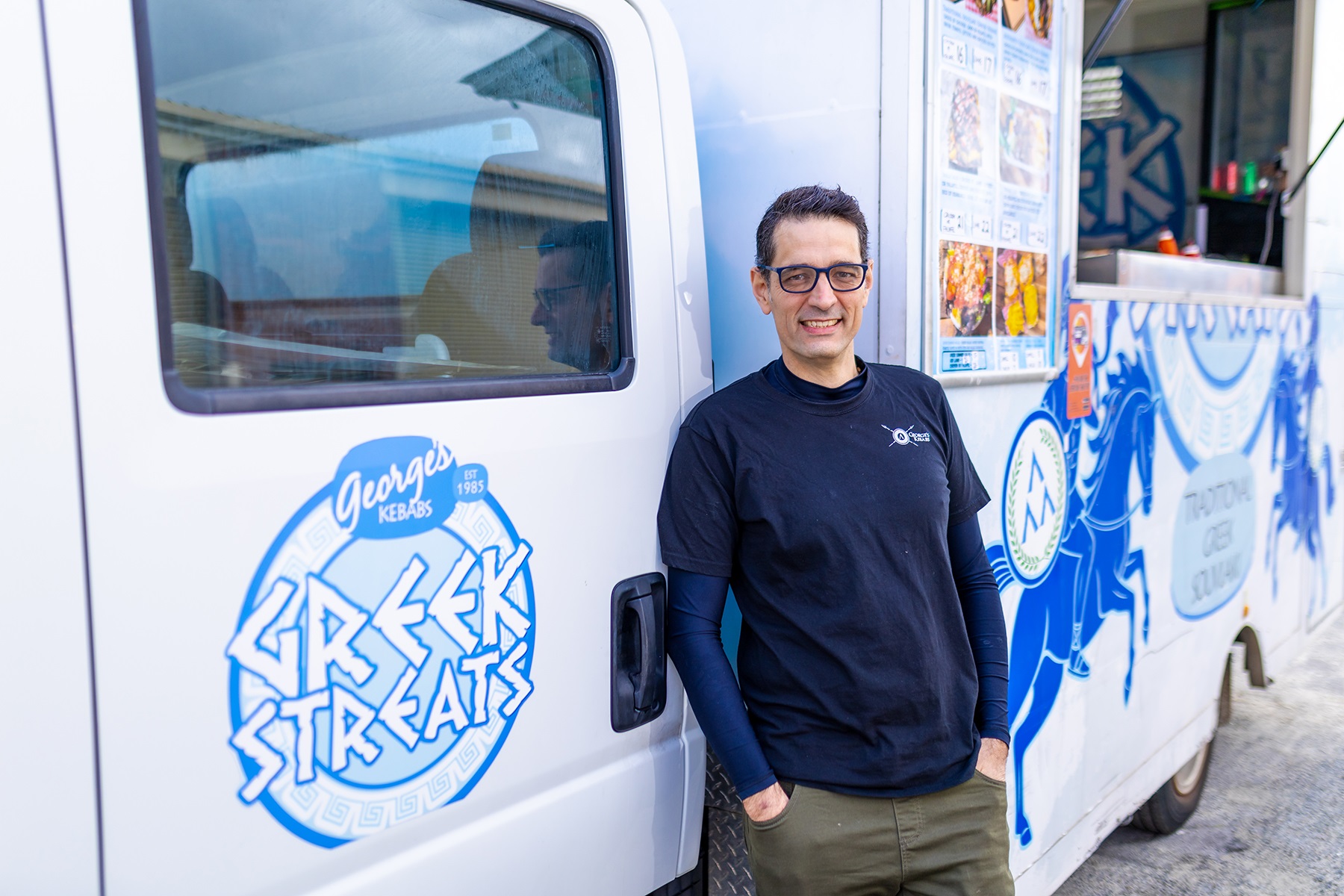Over the past decade, Western Australia has followed international trends in embracing food trucks.
While ice-cream vans have been a familiar sight for decades, today’s food trucks offer tasty treats from churros to Colombian street food – and everything in between.
The current popularity of food trucks at events might seem like an excellent way to start your own business. However, there are several things to consider before launching into your new venture.
Market research
When considering any new idea, it’s wise to do market research before making any decisions. It can help you understand whether your business idea will work before making any financial commitment. There are several areas of market research to look into such as:
- Who is likely to buy your products and where are they located?
- Who else is serving this market and how will you stand out from the competition?
- Is there enough demand in this market to support another mobile food vendor?
Market research can be done by:
- Speaking to existing food truck owners and event organisers
- Visiting events and observing the types of trucks there and how busy they are
- Contacting industry associations for information and
- Using information such as the IBIS World takeaway food industry report available by contacting us.
Will you make any money?
Understanding exactly how much your business will cost to set up and run is vital. If the food truck will be your only source of income, you’ll need to calculate how much money it needs to generate. You also need to calculate your fixed and variable costs and project how much you are likely to sell. Our free financial management tools can help you work these numbers out. Don’t forget that many venues will also charge for a permit to sell, so factor this into your costs.
Due to the seasonal nature of outdoor events in WA, there may be months that are much busier than others. Think about how you will smooth out your cash flow throughout the year.
Beware when buying your truck
Clearly, the most important element of a food truck business is the truck itself. Whether you are buying second-hand or commissioning one to be built, take the time to do due diligence on your vendor. Unfortunately, here at the SBDC we hear all too often about scams that have left prospective truck owners out of pocket. Check if the supplier has an ABN, Google their name and make industry enquiries if necessary. Keep in mind that attractively-priced overseas products may not meet Australian standards, requiring costly modifications. Also check out the situation regarding insurance, it isn’t as straightforward as insuring a ‘standard’ van.
Visual appeal plays a big role in standing out in a crowded market, so leave some budget aside to put a unique stamp on your truck. People ‘eat with their eyes’ and an enticing setup will help customers recognise and return to your food truck once they become fans.
The obligatory rules and regulations
Depending on which local government area you plan to operate in, you’ll need a range of different approvals, such as a food business registration. You’ll need to register with the local government where your food truck is stored and meet their requirements, such as understanding whether they will allow you to store your truck at home and operate a home-based business, or whether you need to hire another facility. If you plan to sell food in different local government areas, you’ll also need approvals or permits to operate in each area. Costs and the duration of approvals can vary, but they all prioritise public health and will need to check that your food handling procedures are safe.
Our Business Licence Finder lets you search for relevant licences by industry type and suburb to get an idea of what you will need. If in doubt, speak to your local council or shire’s environmental health department.
Being prepared
When event season hits, you may have little time to invest in setting up systems and gaining knowledge. Learn as much as you can beforehand about any areas you feel unsure about such as marketing, food safety and record keeping. It’s a good idea to start networking with relevant people in your industry, such as event coordinators. You can also look into joining relevant business associations and Facebook business groups for information and support.
More information
- Industry associations such as the WA Mobile Food Vendors Association and the Events Industry Association can be good sources of information.
- Our free Starting a Business workshop is a great starting point for any new venture.
- Join more than 11,000 members of our Facebook group I’m a small business owner in Western Australia to ask questions of other local business owners.
- Contact us to access to free market research tools such as IBISWorld.




